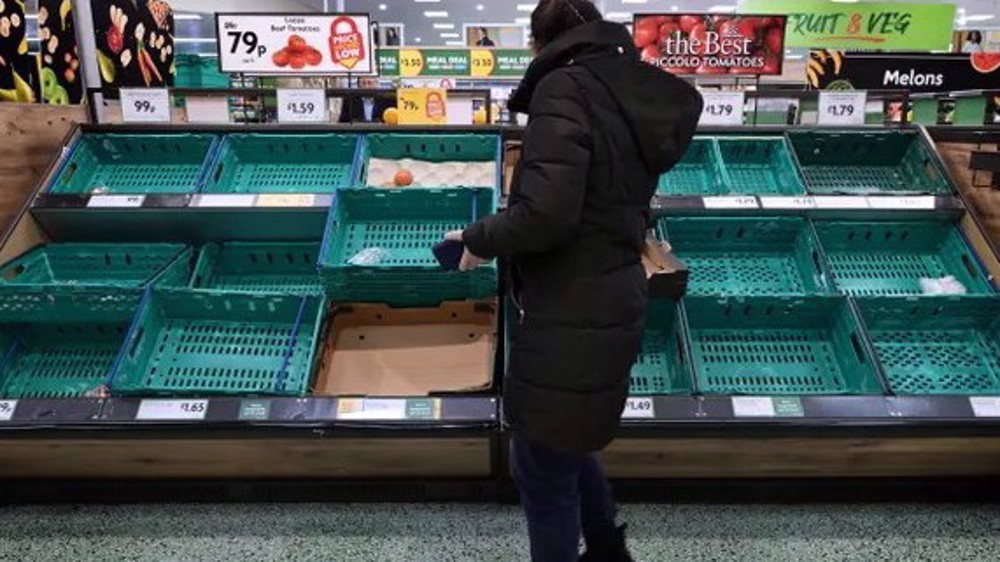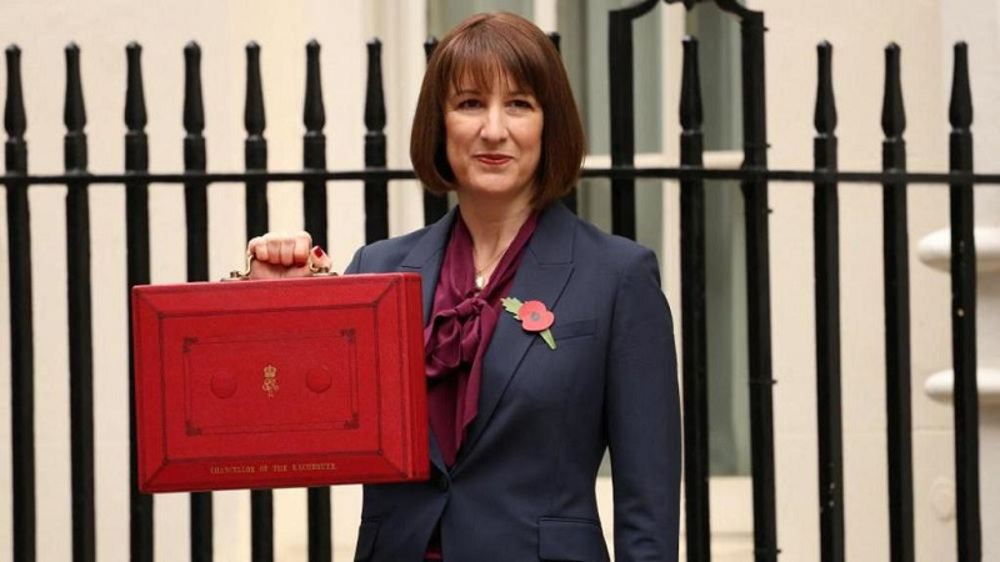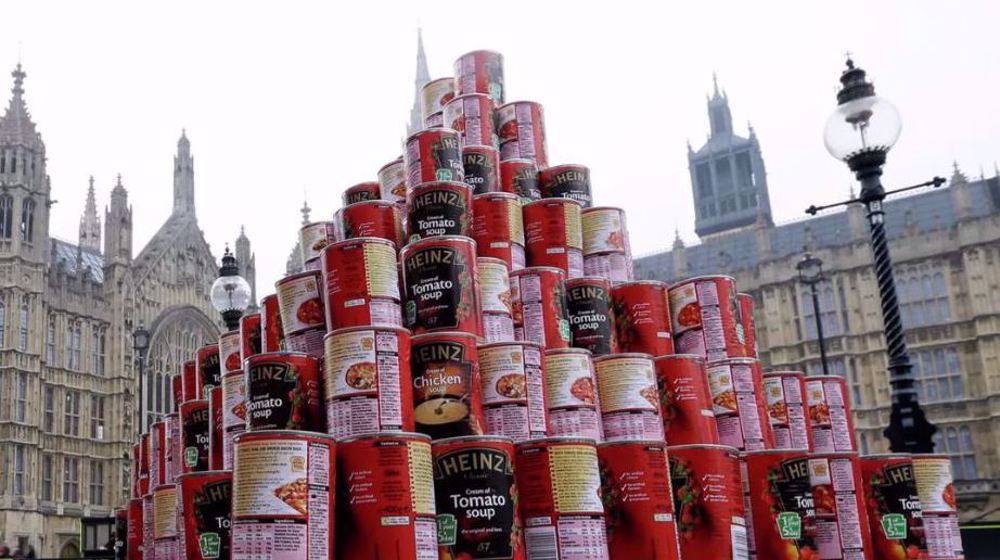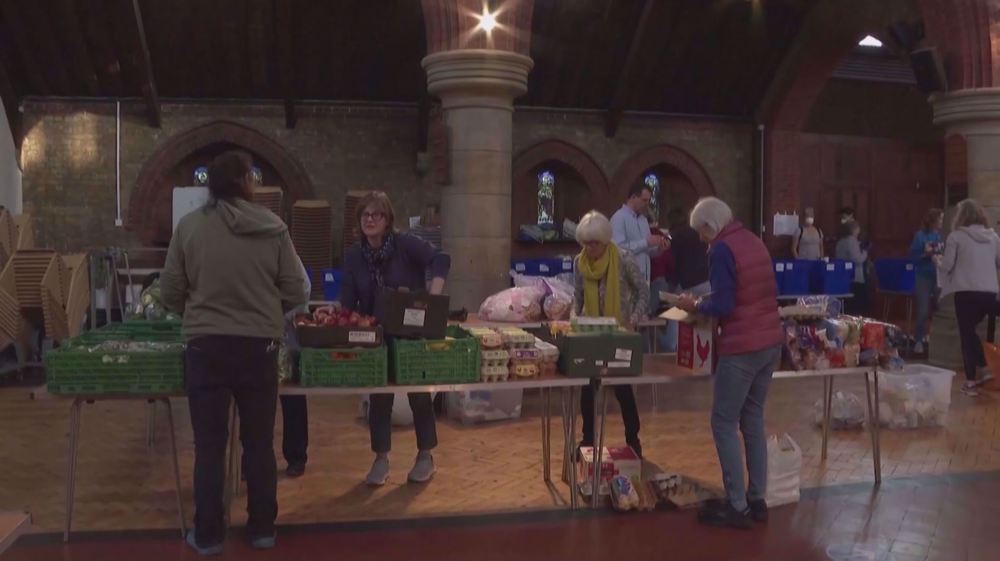UK’s fruit and vegetable shortage could be ‘tip of iceberg’, farming union warns
UK's supermarket shelves have been left bare of fresh fruit and vegetables, particularly tomatoes and cucumbers, which could be the “tip of the iceberg”, the National Farmers’ Union (NFU) has warned.
Certain products are hard to come by in UK supermarkets due to poor weather reducing the harvest in Europe and North Africa, Brexit rules, and lower supplies from UK and Dutch producers hit by the jump in energy bills to heat glasshouses, the Guardian reported on Sunday.
“Difficult weather conditions in the South of Europe and Northern Africa have disrupted harvest for some fruit and vegetables, including tomatoes,” said Andrew Opie, director of food & sustainability at the British Retail Consortium.
The UK government has pointed the finger at poor weather conditions in Spain and Morocco, key exporting countries, as the main cause of the shortages. However, farmers blame other factors such as the climate crisis, sky-high energy costs, and Brexit.
Tony Montalbano, a director of Green Acre Salads in Roydon, Essex, typically produces a million kilograms of baby cucumbers a year, but his glasshouses were standing empty last week. He said he delayed growing his crops this year until March to avoid winter fuel bills of up to £500,000 a month.
The British Tomato Growers Association also said last week that many of its members have also delayed their crop season by two or three weeks to avoid high heating bills.
“The British tomato season will soon begin and we expect significant volumes of British tomatoes on shelves by the end of March and into April 2023,” the association spokesman said.
Liz Webster, chair of the campaign group Save British Food, said Brexit compounded many food supply problems because farmers in mainland Europe find it easier to sell within the European Union than face extra paperwork by transporting produce in short supply to the UK. “The government is getting rid of our food security and relying on imports while cutting off links to Europe.”
Supermarkets are running out of fruit and veg...and 'the worst is still to come'https://t.co/IqDTjIoY6c
— GB News (@GBNEWS) February 25, 2023
Tim Lang, emeritus professor of food policy at City, University of London and the author of Feeding Britain, said “our supply chains are creaking and we are seeing a forerunner of what could be a huge crisis. There has been a total failure by the government to develop a proper food strategy.”
He said it is “absurd” to be increasingly relying on fresh produce grown more than 1,000 miles away in places such as North Africa while UK production is being wound down.
It is not just food that is at risk in complex supply chains, there have been shortages of cold and flu medicines as some Pharmacists rely on drugs from China and India.
The NFU’s deputy president, Tom Bradshaw, said reliance on imports had left the UK particularly exposed to “shock weather events”. He also acknowledged the current shortage was an indirect result of Brexit and the Ukraine war.
Britain relies on Morocco, the Netherlands, and Spain for tomatoes over winter. Importers have become increasingly reliant on Morocco in the wake of Brexit, which has slowed the trade in fresh produce with Europe.
However, crops in Morocco have been poor this year after flooding and cold temperatures. Surging fertilizer prices in the wake of the Russia-Ukraine war have also hit yields. Harvests in Spain have also been weak following persistent cold spells.
Pressure on supply has led to rising prices, with the cost of a kilogram of tomatoes rising from £2.09 in January 2020 to £2.96 last month, according to figures from the Office for National Statistics (ONS).
Prices have risen particularly sharply since the start of last year. In January 2023, annual food price inflation in the United Kingdom hit 16.7%, which was the highest rate since at least 1977, according to the ONS figures.
Leader: Iran has no proxy forces in West Asia
US fighter aircraft shot down ‘in friendly fire’ amid aggression on Yemen
Yemeni FM: Israel’s sponsors accountable for ongoing aggression on Sana’a
Eight Palestinians killed as Israel attacks Gaza school, hospitals
VIDEO | Rome, Milan host new protests in solidarity with Palestinians
Dec. 21: ‘Axis of Resistance’ operations against Israeli occupation
Spain jurists demand ties with Israel ties be cut
VIDEO | Press TV's news headlines














 This makes it easy to access the Press TV website
This makes it easy to access the Press TV website